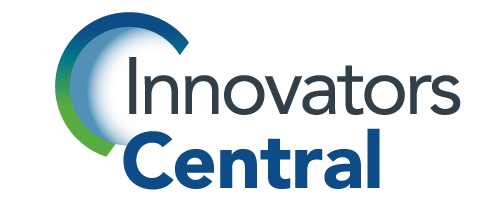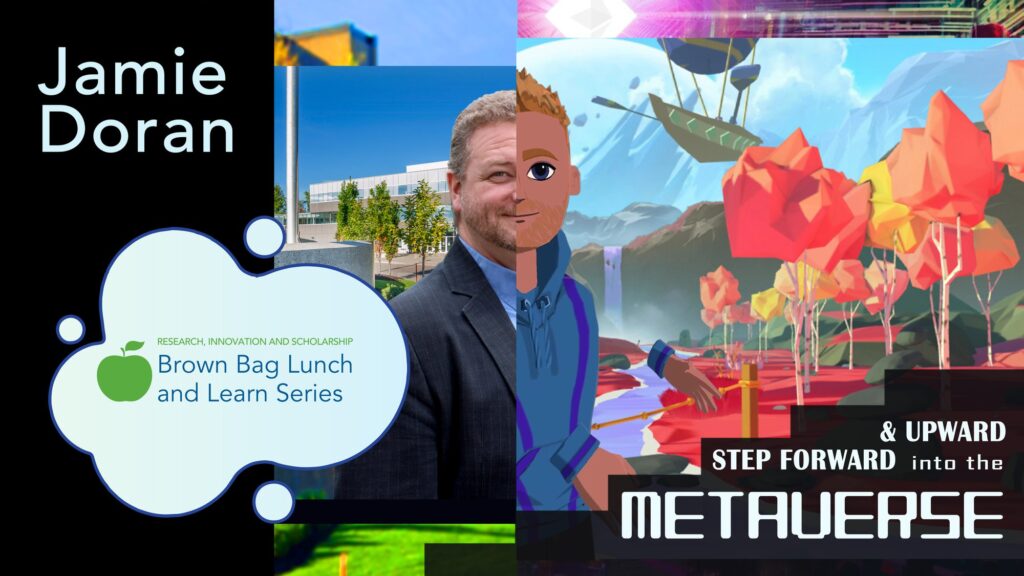COVID-19 and its restrictions continue to drive consumption patterns. Home based consumables and services are intrinsically linked to our personal pandemic sore spots. The early days, for example, brought supply chain issues that led to panic in grocery store aisles and widespread toilet paper stockpiling. With no end in sight to social distancing measures when vaccines were not yet approved, personal fitness equipment became a hot ticket item. It’s likely this trend was also connected to the artisanal bread craze that filled our newsfeeds the months prior. With no indication that employees would be making a return to the office anytime soon, those who could work from home were driven to purchase standing desks, office chairs, wall partitions, web cams and microphones to make connecting virtually a high-quality experience.
Similarly, fueled by the desire to have more meaningful connections, many sought out alternative spaces they can be accessed with high-tech devices like virtual reality (VR) headsets and HoloLens’s. Increased availability of this technology and our willingness to interact in the virtual world means VR and augmented reality (AR) are no longer reserved for the likes of Marty McFly from the 1980s Back to the Future film series. The future is here. We are already using technology in remarkable ways for business, education, and entertainment, but what comes next?
On October 29th, 2021, Mark Zuckerberg sent the world into a frenzy of both excitement and terror when he announced that Facebook was rebranding as Meta. What exactly did this mean? Besides being the most searched term on the day of the announcement, the rebranding signaled Zuckerberg’s confidence that the metaverse, a virtual world where we can all live, work, and play, was the next logical step in the evolution of the Internet.
The metaverse, while in its infancy, has the power to revolutionize so many aspects of our daily lives and work in the post-secondary sector. Dr. Jamie Doran, Executive Director, Research, Innovation and Entrepreneurship (RIE) at Georgian College, shared his ideas at a Research and Scholarship Lunch and Learn event titled, “Step Forward and Upward into the Metaverse. ” He connected the rise of cryptocurrencies to a new virtual economy presently worth over 8 trillion dollars and conveyed why Georgian College is actively exploring metaverse technologies. Through a partnership with Virbella, and the iLRN platform, faculty, staff, and students are already teaching, working, and learning in the metaverse. A key focus includes preparing our students for the future of work and teaching them the skills they will need for what Jamie calls the “top 10 jobs of the metaverse of the near future:”
- VR fashion designer
- Mushroom hut vendor
- Virtual tour guide
- World builder or debugger
- Metaverse marketing
- VR News reporter
- Inn Keeper
- Magic items designer
- PSW to ensure basic needs in the real world are met
- Metaverse teacher
Teaching and learning in the metaverse opens doors to learning that might previously have been too dangerous, impossible, or cost-prohibitive. Do you have an avatar yet?
Are you teaching or working in the metaverse? Let us know in the comments below.
Visit Bernick Online, Research, Innovation, and Entrepreneurship’s (RIE) YouTube channel to watch Dr. Jamie Doran’s presentation. Be sure to SUBSCRIBE while you are there so you do not miss any of the content from our team.
Register to join us for our next Research, Innovation and Scholarship Lunch and Learn event.




